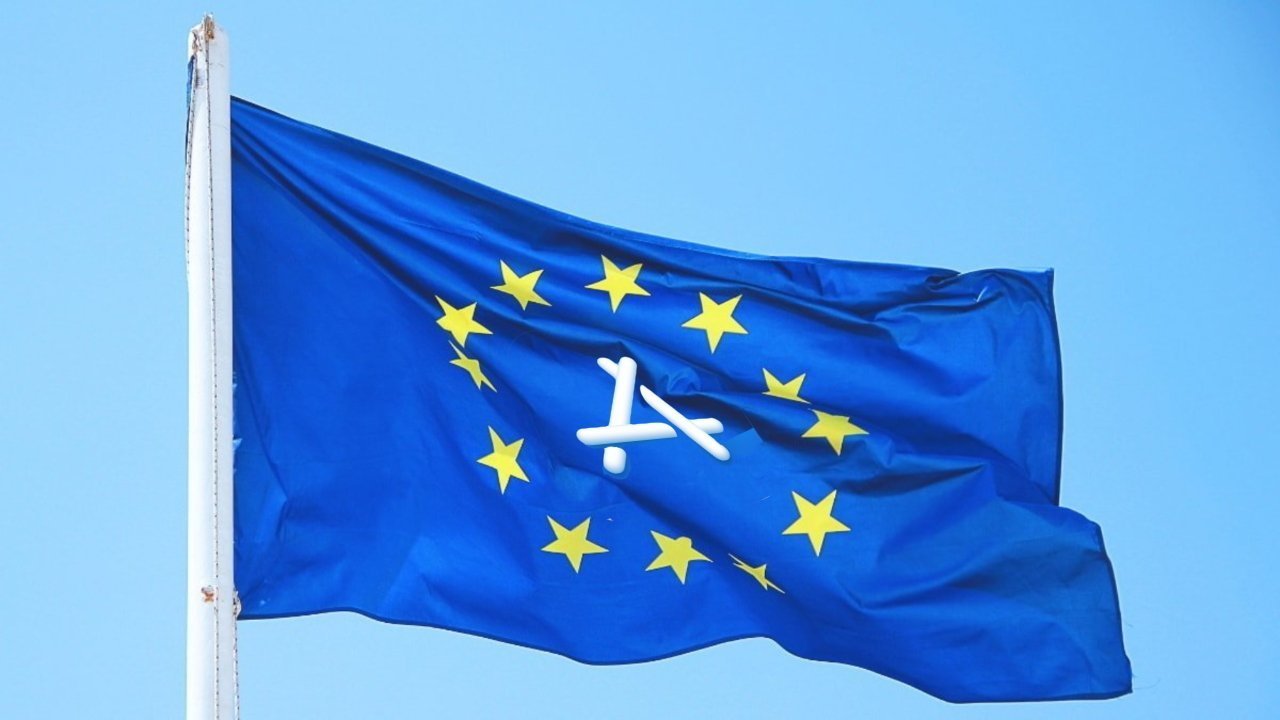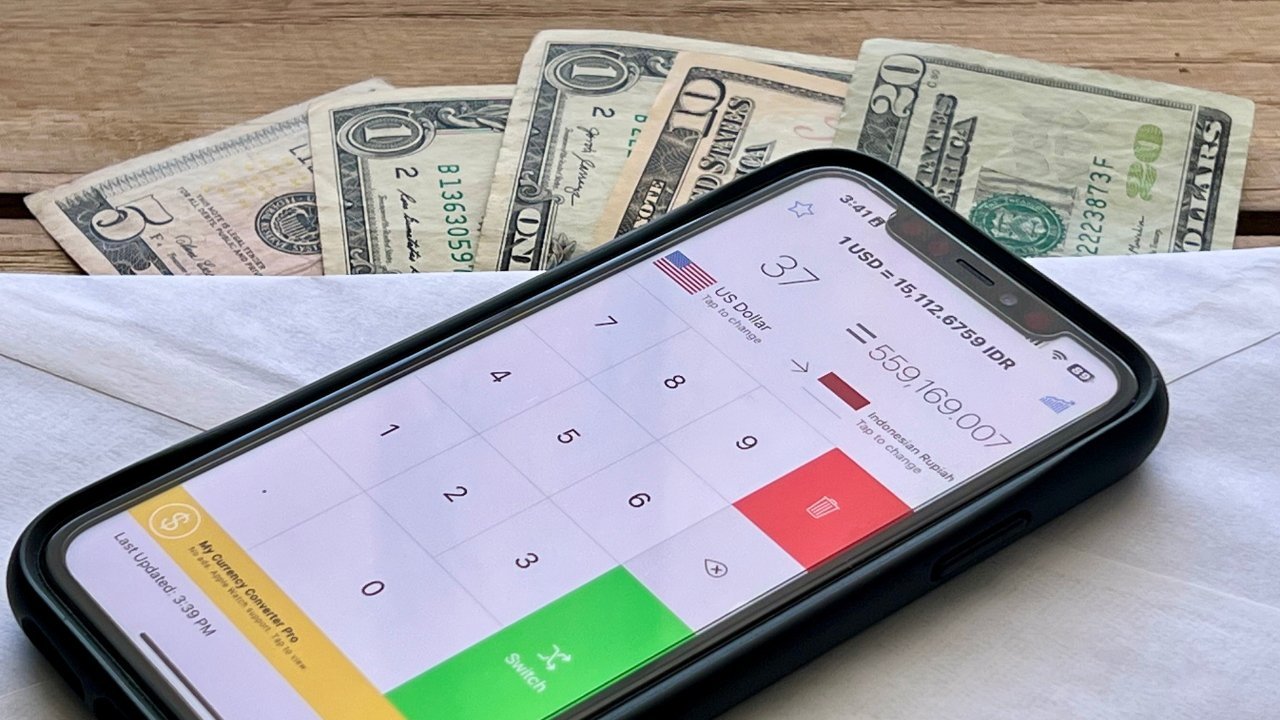Apple and Ireland tax saga finally ends with $15 billion escrow withdrawal
Ireland has claimed over $15 billion from an Apple escrow account, finally putting the nails in the coffin of a nearly decade-long tax dispute with the European Union.

Apple is transferring over $15 billion to Ireland
Ireland's Department of Finance confirmed in May 2025 that it will move the entire escrow fund into the state's treasury. Apple originally deposited the money in 2018 after a European Commission ruling, but Ireland couldn't use the funds while appeals continued.
The final balance is slightly below the initial 14.3 billion euro ($15.5 billion). However, investment gains over the past year have offset earlier losses, according to The Irish Times.
How the Apple escrow account worked
The escrow account held Apple's payment while it appealed the European Commission's decision that Ireland granted unfair tax advantages. The Commission found Apple paid effective tax rates as low as 0.005% on profits routed through Irish subsidiaries.
In 2016, the EU ordered Apple to pay about 13.1 billion euro ($14.2 billion) plus around 1.2 billion euro ($1.3 billion) in interest. Ireland collected the entire amount into escrow in 2018.
While technically Apple's money pending appeals, Ireland managed the account as an independent fund. The value fluctuated over years of market swings and interest rate changes.
After years of losses, investments in higher-yield assets boosted the fund's value in 2023 and 2024.
Apple and Ireland challenged the Commission's decision. In 2020, the EU General Court sided with them, saying the Commission failed to prove Apple received selective advantages.
But in September 2024, the European Court of Justice, the EU's highest court, overturned that ruling. It found the Commission had correctly identified a breach of state aid rules and ordered recovery of the full amount.
That final decision forced Ireland to claim the funds from the escrow account.
What happens to the money
Ireland has said the windfall will strengthen public finances without changing its corporate tax policy. Officials say they will spend the money gradually to avoid economic disruption.
The government says it remains committed to international tax reform, including the OECD-led 15% global minimum tax.

Apple has consistently argued it paid the taxes it owed
S&P Global has cited the settlement as a reason for improving Ireland's credit outlook.
Timeline of the Apple tax case
The case is the largest corporate tax recovery in EU history. It centers on the "Double Irish" strategy, which let Apple route profits through subsidiaries with no tax residency.
- 1991 and 2007: Ireland's tax rulings allowed Apple's Irish subsidiaries to attribute most profits to head offices that were not tax-resident anywhere.
- 2013-2014: EU began investigating.
- August 2016: European Commission ruled Apple received illegal state aid, ordering repayment of about $14.2 billion (13.1 billion euros) plus interest.
- 2018: Ireland collected the full amount into escrow while appeals proceeded.
- July 2020: EU General Court annulled the Commission's decision.
- September 2024: European Court of Justice overturned that ruling, siding with the Commission.
- 2025: Ireland confirmed it received nearly $15.5 billion (14.25 billion euros) from the account's final closure.
Apple has consistently argued it paid the taxes it owed and complied with Irish and international law. The company has also emphasized that most of its profits were taxed in the United States when repatriated.
Implications for corporate taxes
Other tech companies, pharmaceutical firms, and multinationals with complex European tax structures are likely watching closely. Analysts say it may deter EU states from offering sweetheart tax arrangements in the future.
Ireland still markets itself as a low-tax destination but must navigate growing pressure to follow global tax reform rules. The final closure of the Apple escrow account ends nearly a decade of legal battles.
Read on AppleInsider

Comments